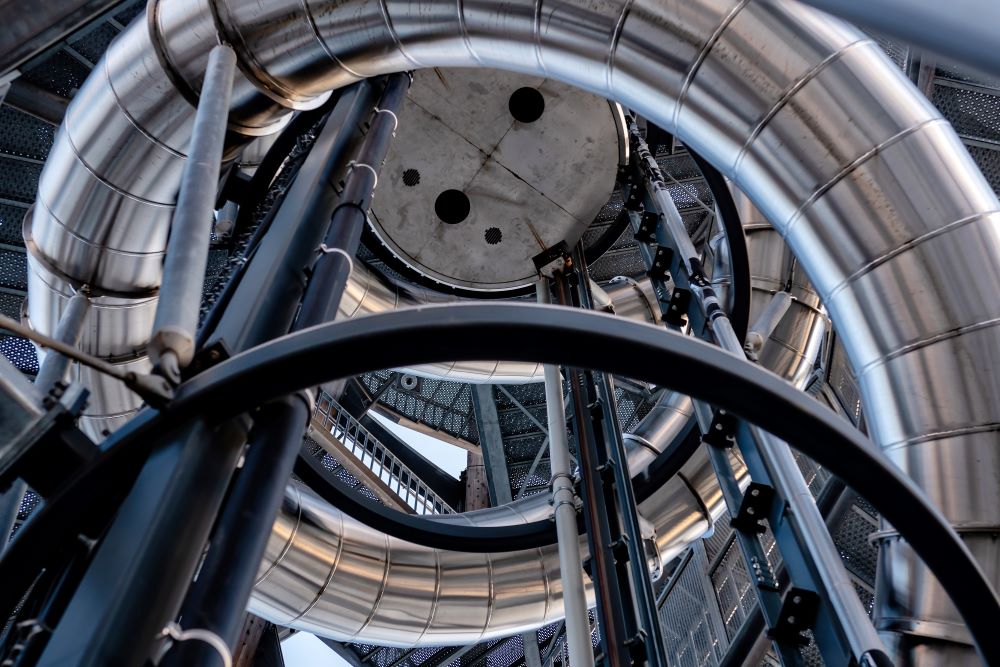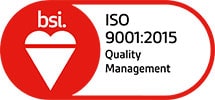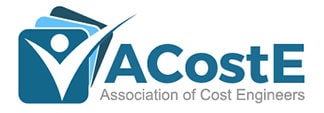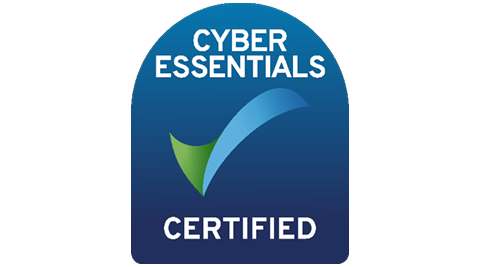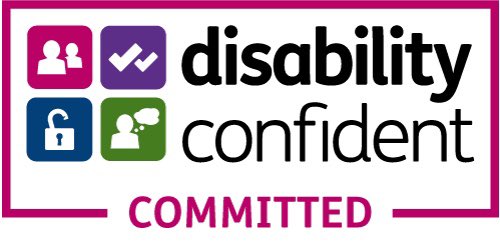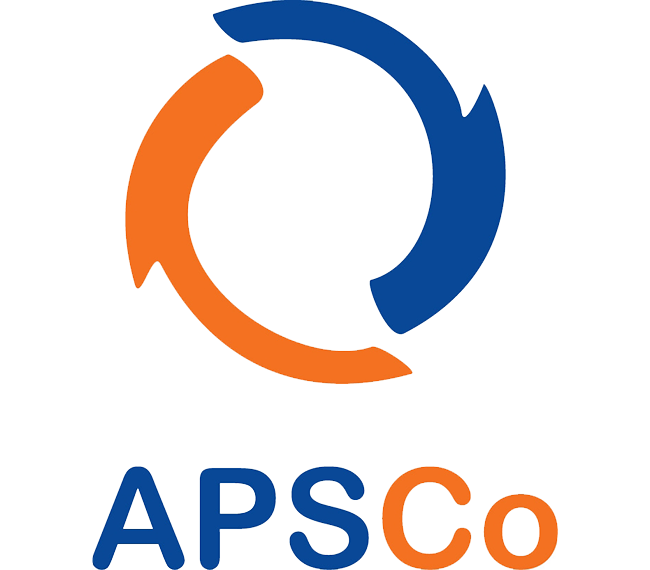The Exciting Future for Engineering Candidates with Security Clearance
The engineering sector is booming with opportunities for professionals who hold (or are pursuing) security clearance. From highly classified defence initiatives to state-of-the-art technology projects, roles that require clearance offer access to some of the most impactful, innovative, and high value work available in the industry today. If you’ve been considering advancing your career or are looking to make a strategic move, now is the perfect time to take advantage of these exciting prospects. Let’s explore why security clearance matters, how the process works, and why there’s no better time than now to pursue these roles.
Why Security Clearance Matters in Engineering
In today’s engineering landscape, security clearance is more than just a formality – it’s your gateway to working on some of the most critical national projects. Cleared engineers are at the forefront of technological innovation, contributing to everything from Aerospace systems to Cybersecurity networks, and even Military Defence systems. The work you do could impact national security, influence the development of future technologies, and even shape industries like artificial intelligence.
Holding clearance doesn’t just set you apart from other candidates – it opens the door to roles that are reserved for a select few, allowing you to directly contribute to projects with a high level of importance and visibility. Whether you’re designing cutting-edge systems for defence or ensuring the safety of critical infrastructure, security clearance gives you access to a rewarding career where you can make a real difference.
Clearance Processes: The Inside Scoop
Understanding the clearance process can feel daunting, but getting cleared is a straightforward path once you have a sponsor. Here’s an overview of the clearance types that are most relevant for engineers:
- Security Check (SC): This is the most common clearance for engineering professionals. It’s required for working on classified projects and provides access to sensitive but unclassified information. The process is designed to complete 85% of applications within 25 days, though due to high demand and a backlog reduction effort, it can sometimes take up to 180 days.
- Developed Vetting (DV): For those involved in the highest levels of sensitive work, DV clearance is required. This clearance covers positions where you would handle highly classified information, often for defence or intelligence agencies. The process for DV clearance typically takes around 95 days, but recent reforms have sped up processing times, with some applications being completed in just 60 days.
How to Obtain Security Clearance
If you don’t already hold security clearance, it’s important to understand that you cannot personally pursue and hold clearance – your employer must sponsor you. In order to be eligible for clearance, you must meet specific criteria:
- Full British Passport: You must hold a full British passport (no dual or other nationality).
- Residency Requirements: You must have lived and worked in the UK for the past 5 years.
Many employers are willing to sponsor their permanent staff employees for clearance, but they are often reluctant to put contractors through the process. This is because the clearance process is costly, time-consuming, and once obtained, contractors are more likely to leverage their clearance to pursue alternative opportunities, whereas staff employees are seen as more likely to stay within the company for the long term.
That said, it is rare but not uncommon for organisations to offer sponsorship for contractors, especially when they are struggling to fill particularly difficult roles. In fact, I currently have a handful of clients who are willing to consider offering sponsorship for contractors for their more challenging positions. If you’re a contractor seeking clearance, it’s certainly worth exploring such opportunities with your employer or recruitment partners.
Current Trends and Opportunities
Security clearance isn’t just about accessing classified information; it’s also a ticket to some of the most in-demand and rewarding engineering roles on the market today. The demand for SC and DV-cleared professionals is skyrocketing, especially across fields like systems engineering, software development, and cybersecurity. Organisations recognize the importance of having a skilled workforce with clearance, and many are willing to invest in helping candidates obtain their clearances.
What type of security-cleared candidates are our clients interested in?
We are currently working with clients who are seeking cleared candidates for a range of roles across engineering and project management disciplines. Some of the key positions they are looking to fill include:
- Project Management – Managing large-scale, complex projects that require strategic oversight and adherence to strict security protocols.
- Engineering Management – Leading engineering teams and ensuring the successful delivery of high-stakes engineering projects within secure environments.
- EC&I Engineers (Electrical, Control & Instrumentation) – Specialising in designing, implementing, and maintaining control systems and instrumentation for critical infrastructure projects.
- Mechanical Engineers – Designing, developing, and maintaining mechanical systems for applications in defence, energy, or high-security environments.
- HVAC Engineers – Working on heating, ventilation, and air conditioning systems for secure facilities, ensuring optimal performance and compliance with safety regulations.
- Process Engineers – Focusing on optimising industrial processes, particularly within energy, defence, and manufacturing sectors, where confidentiality and precision are paramount.
Why is this important for you?
- High Demand: The shortage of cleared candidates means that companies are actively seeking professionals who have or are willing to pursue security clearance. This creates an array of career opportunities, especially in specialised engineering disciplines.
- Premium Rates: Due to the scarcity of qualified candidates, cleared engineers are often offered competitive rates, with many roles commanding salaries above industry averages. These roles provide not just job security, but also the potential for higher pay and long-term career stability.
Why Pursue or Maintain Security Clearance?
- Ongoing Reforms: The UK Security Vetting (UKSV) process is undergoing continuous reforms, making it faster and more efficient to get cleared. With continuous vetting being introduced and advancements in technology, the clearance process is becoming quicker and more streamlined.
- Exclusive Access to Top-Tier Projects: With security clearance, you’ll be able to participate in exclusive projects that many other engineers can’t access. These roles often come with higher levels of responsibility, greater job satisfaction, and of course, higher earning potential.
Opportunities Beyond Clearance
Interestingly, there are also opportunities within sectors like Nuclear and Defence for candidates without clearance, particularly in civil nuclear projects. These roles can serve as an entry point, allowing candidates to gain valuable experience in the industry. Over time, this exposure could increase the chances of your employer obtaining clearance for you, which could lead to future roles involving more sensitive project work. This is a strategic pathway for those looking to eventually work in more classified environments while gaining industry-specific experience in their careers.
Let’s Connect
If you’re interested in opportunities that require security clearance, let’s chat! I can help you explore roles that align with your skill set and guide you through any clearance questions to set you up for success. The engineering sector is bursting with possibilities, and with your clearance, you’ll be ready to take on some of the most exciting and rewarding challenges the industry has to offer.
Now is the time to get excited about the future of your career and take the next step toward working on some of the most groundbreaking projects in engineering. Reach out today, and let’s start planning your next career move!
